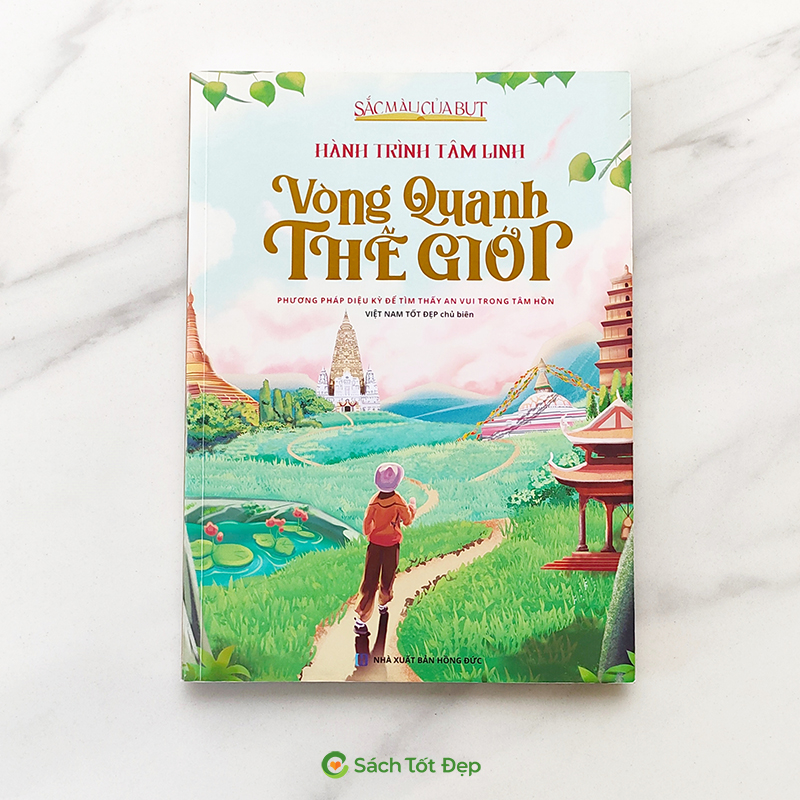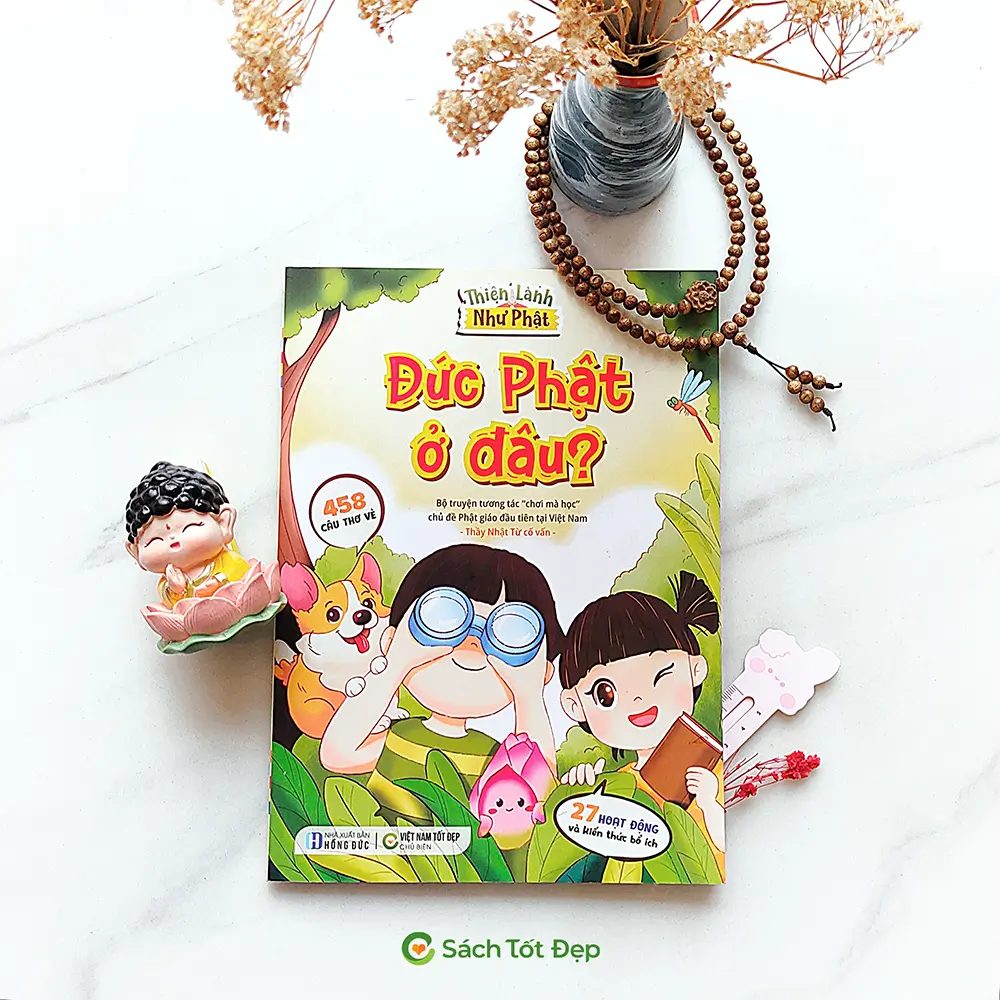Bridging the Gap Between Books and the Young Generation
Toward the end of each year, numerous book fairs and clearance events by various publishers take place, aiming to foster a reading culture among the public. However, despite books being heavily discounted or even sold by weight, these events often see a sparse turnout. This reflects the prevailing indifference toward books and reading in contemporary Vietnamese society.
According to surveys, Vietnam ranks as one of the nations with the lowest book reading habits globally, with an average Vietnamese person reading just one book per year, not including textbooks or academic materials. Popular choices among young readers include romance novels, comics, and non-mainstream books that offer little substantial content. The Library Department under the Ministry of Culture, Sports, and Tourism reports that nearly 30% of Vietnamese people do not read books at all, while 44% read only occasionally. This is a concerning statistic, considering countries in the region like Singapore, Malaysia, and Thailand average 14 books per person per year. In developed book-reading nations like Germany, France, Russia, and Japan, the average is around 20 books per person per year, where people often read on subways, at lunch breaks, and other free moments.
Despite Vietnam publishing thousands of local and translated foreign books annually, and cities boasting multiple large libraries and schools having their own libraries, the culture of reading remains subdued. Many people visit libraries or book cafes in Hanoi not to read but to use their laptops for gaming or social media. Instead of reading enriching books, young people often consume sensational news or engage in frivolous online activities. University libraries see a low percentage of students reading books, and despite many newspapers still being printed regularly, they are more often gifts than sources of knowledge.
Sadly, young Vietnamese spend an average of 7 to 8 hours daily on phones or laptops, often for trivial chatting rather than meaningful information exchange or work. Libraries remain largely empty, while internet cafes and billiard halls near schools draw large youth crowds. Young people prefer checking in at bookstores for social media rather than reading, living hurriedly and wastefully, choosing entertainment over education. This leads to a lack of depth in knowledge and understanding, as seen in young people’s naïve responses to basic historical questions about their country.
The root of this disinterest in reading can’t be entirely blamed on young people. Flaws in the education system, focused more on achievement than understanding, have fostered a superficial approach to learning. Young people are forced to study rigid, uninspiring textbooks for exams rather than for knowledge, leaving little time or desire for other reading.
Family habits also play a significant role. If parents read stories to their children from a young age and provided age-appropriate books as they grew older, a love for reading could have been nurtured. Instead, many parents rely on smartphones and tablets to entertain or pacify their children, fostering poor cognitive and behavioral habits.
Books are the culmination of human wisdom, spanning ancient and modern times and offering insights into various cultures and history. A country’s progress depends on its people’s willingness to read and think critically. Although electronic devices offer convenience, traditional books hold irreplaceable value and should be cherished.
From Hội Nhà báo Hưng Yên
Sản phẩm bạn có thể quan tâm

The Colors of Buddha: A Spiritual Journey Around the World
Coloring book
135.000đ

Wisdom Combo: 5 books + 3 special gifts
Coloring book
280.000đ

Buddha’s Little Explorers: Where is Buddha?
Interactive book
59.000đ

Let’s play with Sen Sun: Buddha’s birthday
Coloring book
28.000đ





